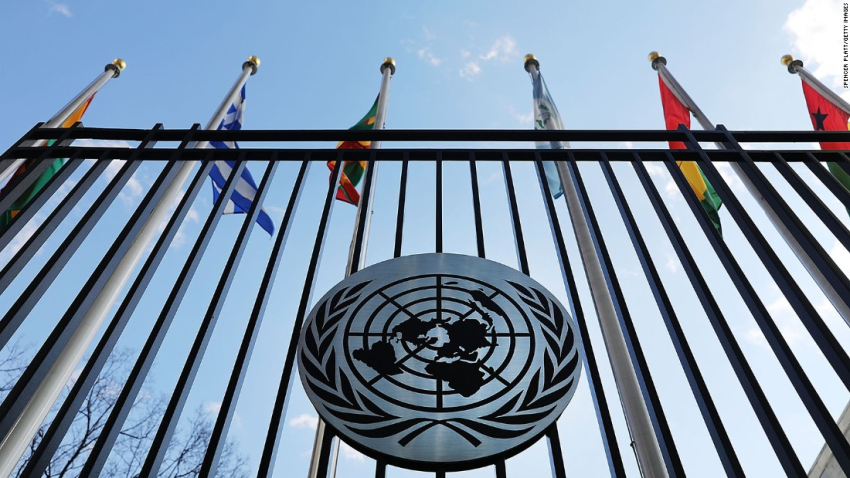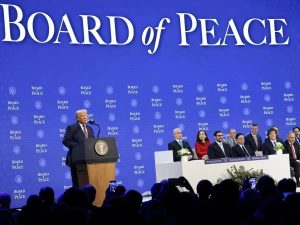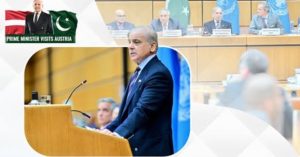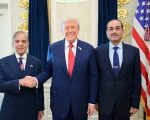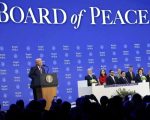UNITED NATIONS – The head of the UN fact-finding mission on Myanmar says the south-east Asian country’s army is still committing war crimes against Rohingya Muslims.
“I stress that atrocities continue to take place today. Even until this very moment the remaining Rohingya community continues to suffer the most severe restrictions, the most severe oppression and nothing has fundamentally changed over the past one year, since August of 2017,” Marzuki Darusman told a news conference on Wednesday ahead of a UN Security Council session.
The 15-member Council met at the request of Britain, France, the United States, and six other members. “Myanmar stands at a crossroads,” Darusman said.
“It can choose to acknowledge the serious human rights violations and honour the call for accountability, or it can continue on its present path of self-destruction,” he added.
In September, the Fact-Finding Mission issued a hard-hitting report concluding that the widespread and systematic violence against Myanmar’s minority Muslim Rohingya community by the Tatmadaw (Myanmar’s armed forces) and other security forces amounted to “the gravest crimes under international law.”
That response by the Government “only strengthens the case” that the international community needs to act as “accountability cannot be expected from national processes,” he continued. Darusman also spoke strongly against a “hardened position” adopted by the Myanmar Government, its “continued denials” and “attempts to shield itself [citing] national sovereignty” as the greatest obstacles to ensuring accountability, rule of law and respect for human rights in the country.
In its report, the Fact-Finding Mission also called on the UN Security Council to refer Myanmar to the International Criminal Court (ICC), or to an ad hoc tribunal for investigations and prosecutions for the crimes.
Darusman reiterated the call inside the 15-member Council on Wednesday afternoon: “Unless impunity is addressed, violence and its associated atrocity crimes will continue to occur,” he said.
The head of the Fact-Finding Mission also called on Council members to impose “targeted, individual sanctions” against those most responsible for serious crimes under international law, noting that the report identified six of Tatmadaw’s most senior Generals, with command responsibility for the “clearance operations” in Rakhine state, starting with its Commander-in-Chief.
“They must cease to benefit from all international support, both intuitionally and personally. This includes an arms embargo on Myanmar and a prohibition of all transactions with Tatmadaw-affiliated enterprises,” he urged.
Discussion over the Mission’s report went ahead after an objection on the subject was defeated by a vote of 9 in favour of the discussion, 3 against and 3 abstentions.
Speaking alongside Darusman at the press conference, Yanghee Lee, the UN Special Rapporteur on the human rights situation in Myanmar, called on the Security Council “to come together” and refer the country to the International Criminal Court (ICC) without any delay.
She also said that harassment of lawyers, journalists, and human rights defenders continues, and voiced concern over prevailing impunity in the country.
The civilian Government in Myanmar “can do a lot” to address the situation, said Ms. Lee, adding: “but they are either tacitly or explicitly choosing not to do anything.”
While in New York, the chair of the Fact-Finding Mission also appealed to the General Assembly to support preparations for the prosecution during its current session.
“We welcome the decision of the Human Rights Council to establish an Independent Mechanism to immediately begin preparing for prosecution and we call on the General Assembly to fully support it,” Darusman said.
“If the cycles of violence are to be stopped and if the United Nations Charter is to have any meaning, every relevant [UN] organ and entity must act.”
The final report of the Fact-Finding Mission was presented to the General Assembly on Tuesday.
The Independent International Fact-Finding Mission on Myanmar was established by the Geneva-based Human Rights Council, in March 2017, to look into the alleged human rights violations by military and security forces, and abuses, in Myanmar, in particular in Rakhine State.
Meanwhile, Myanmar’s UN Ambassador Hau Do Suan told the UN General Assembly’s human rights committee on Tuesday that “there will be no impunity” for “perpetrators where there is sufficient evidence” with regards to the human rights violations in the country.
Last year, Myanmar’s army launched a deadly crackdown on the country’s Muslim minority group, which led to the death of thousands of people and forced around 700,000 Rohingyas to flee their villages and cross into Bangladesh, where they live in overcrowded camps with limited access to food, medicine, and education.

